July 30, 2015
Far from dying out, the office is becoming more essential than ever
 Samsung recently released a new report which explores how our offices might look in the year 2025. The death of the office has been predicted over and over again, however the Samsung Smarter Futures Report goes against the grain and predicts that the office could actually become more important than ever. Driven by the adoption of smart technology the report claims that offices will become hubs for productivity and collaboration and what Samsung calls ‘Creative Villages’. Smart technology will create devices and systems that take notes, automate admin tasks, organise meetings and deliver information as you need it. This will mean employees have more time for face to face communication and collaborative work. As a consequence, current trends such as flexible working and agile workspace could actually become less of an issue than they are currently.
Samsung recently released a new report which explores how our offices might look in the year 2025. The death of the office has been predicted over and over again, however the Samsung Smarter Futures Report goes against the grain and predicts that the office could actually become more important than ever. Driven by the adoption of smart technology the report claims that offices will become hubs for productivity and collaboration and what Samsung calls ‘Creative Villages’. Smart technology will create devices and systems that take notes, automate admin tasks, organise meetings and deliver information as you need it. This will mean employees have more time for face to face communication and collaborative work. As a consequence, current trends such as flexible working and agile workspace could actually become less of an issue than they are currently.








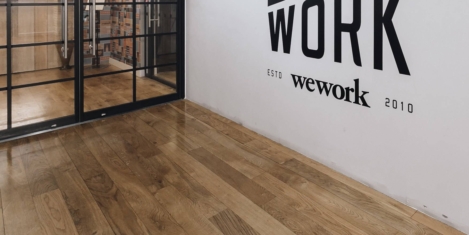
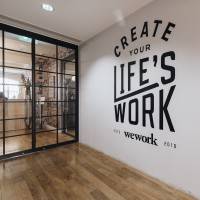












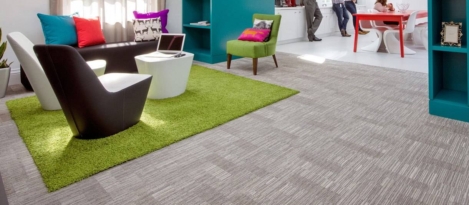
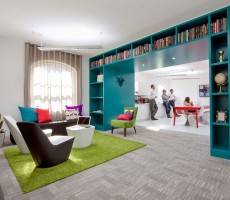
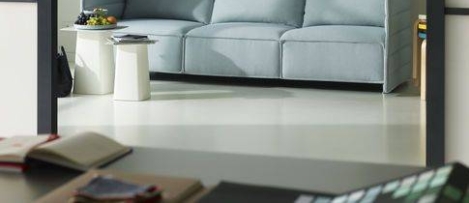









August 5, 2015
Using office relocation as a vehicle for positive organisational change 0
by Lee Parsons • Comment, Facilities management, Workplace, Workplace design
(more…)